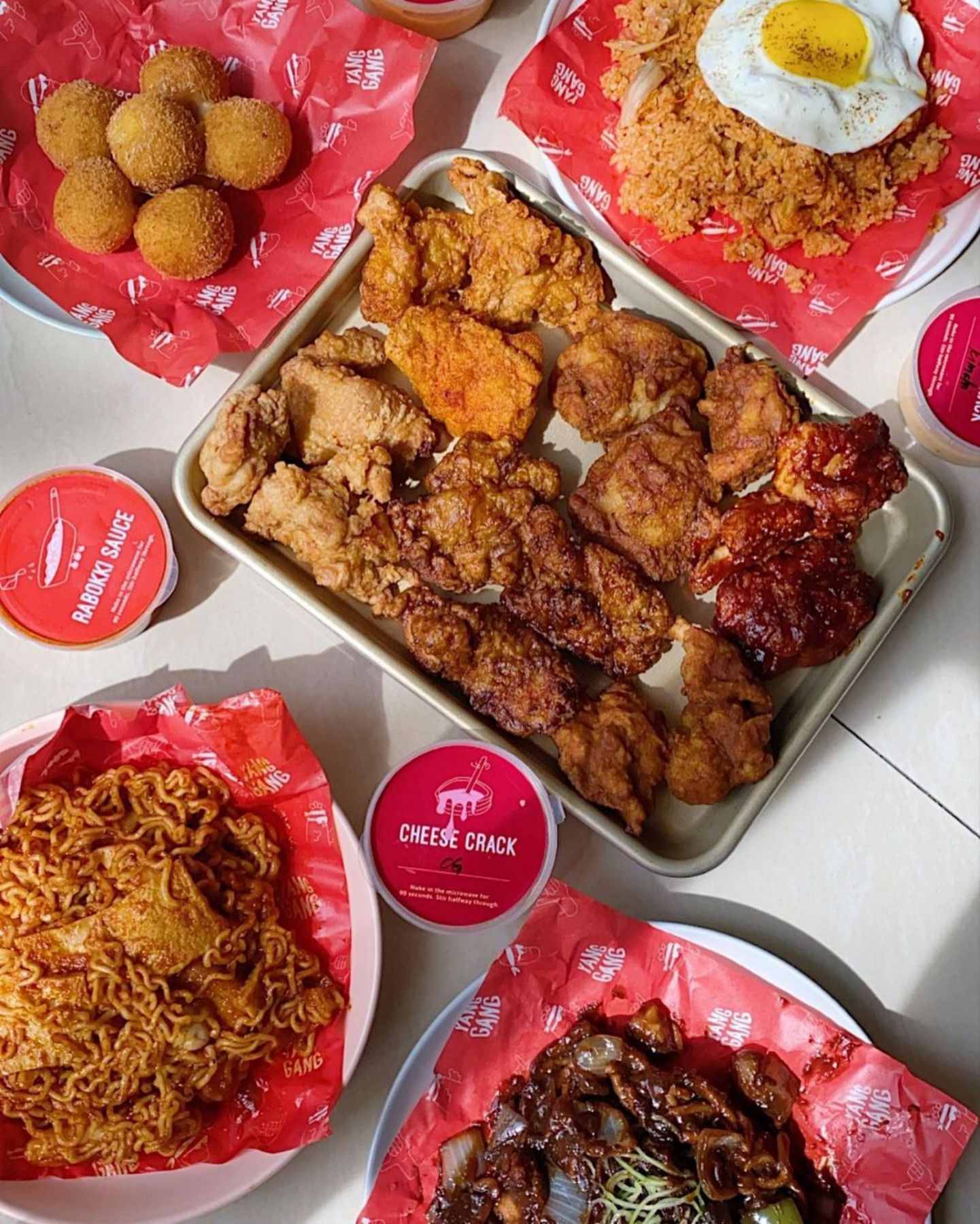These ladies left their day jobs to start a ghost kitchen and they are showing the rest how it is done
Back in 2020 when the food and beverage industry was left gobsmacked by the pandemic and the lockdowns that followed it, many scrambled to adapt to the surreal social landscape. With people isolating themselves in their homes, many sought comfort in the familiarity of their favourite dishes and turned to food delivery. Some thrived in this new primary sales channel, while others faltered and faded away. Still, there were those who saw that the world was changing, accepted it, and decided to seize the fresh opportunities that came with it. Mikee Villareal had a plan.
First, she called on fellow food lovers and past colleagues Keisha Lao and Andie Cruz to help her execute her vision. What they came up with is MadEats— a food and beverage concept that chief growth officer Cruz describes as “a full-stack F&B ghost kitchen which means we do everything from brand conceptualisation to building our own platform which we take orders from and fulfilling them with a fleet of our own riders.”
See also: The Future Of F&B Is In The Cloud, Says Locavore's Mikel Zaguirre
Youth and optimism seem to be a built-in advantage for the threesome, but their educational background and stints in food and beverage have made them quite the formidable force. 27-year-old CEO Villareal is armed with a degree in integrated marketing communications from the University of Asia & the Pacific, while both chief product officer Lao (age 26) and Cruz (age 25) have bachelor’s degrees in communications from the Ateneo de Manila University.




